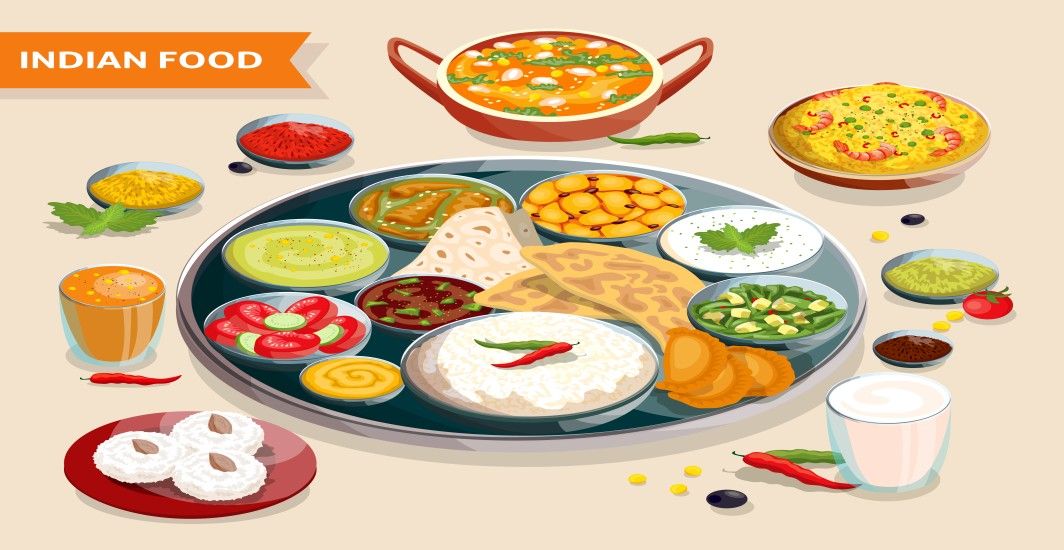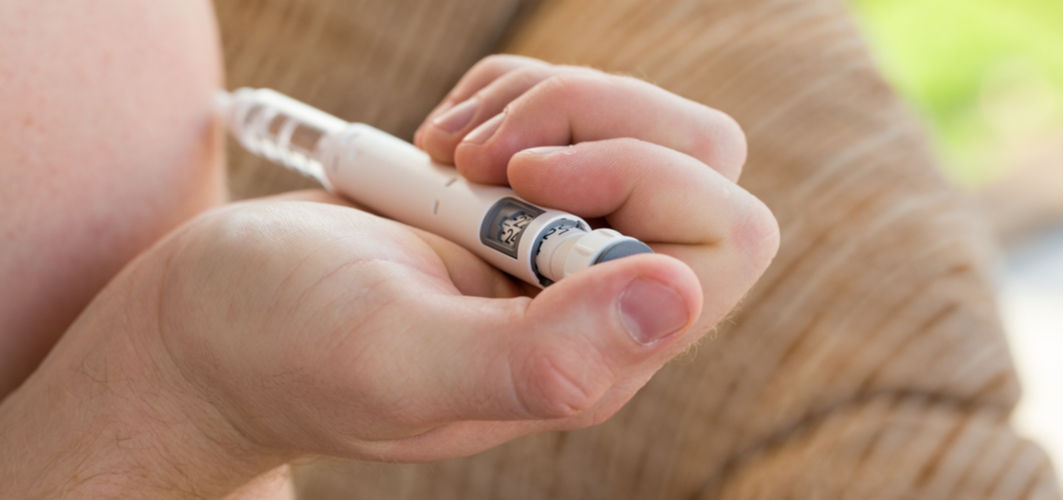Diabetes Management
Understanding The Link Between Diabetes and Cancer
1 min read
By Apollo 24|7, Published on - 27 March 2024
Share this article
0
0 like

Diabetes, a lifestyle disease prevalent in India, is considered to be significantly associated with increased cancer risk. Various studies confirm this link, highlighting shared risk factors such as unhealthy diet, lack of physical activity, obesity, and tobacco use. Furthermore, biological aspects like inflammation, high blood glucose (hyperglycemia), and excess insulin (hyperinsulinemia) associated with Diabetes contribute to this relationship. Understanding these commonalities is key to effective patient care and diabetes management.
The Shared Risk Factors
Both diabetes and cancer have several common risk factors. Diabetes, primarily type 2, is associated with an increased risk of several types of cancer. These include cancers of the liver, pancreas, colorectal, breast (postmenopausal), bladder, endometrium, and kidney.
Being overweight or obese, having an unhealthy diet, leading a sedentary lifestyle, and using tobacco products all contribute to an elevated risk of both conditions. These lifestyle choices lead to chronic inflammation and insulin resistance in the body, creating an environment favorable for disease development.
The Need for Holistic Management
Managing diabetes isn't solely about controlling blood sugar levels. It involves a comprehensive approach that includes lifestyle modifications as follows:
- Regular physical activity
- A balanced diet
- Maintaining a healthy weight
- Abstaining from tobacco
These modifications can help control diabetes and reduce the associated cancer risk.
In conclusion, the bond between diabetes and cancer is complex but noteworthy. This underlines the importance of understanding how lifestyle choices impact our health. Adopting healthier habits can help manage diabetes effectively and decelerate the associated cancer risks.
Diabetes Management
Consult Top Diabetologists
View AllLeave Comment
Recommended for you

Diabetes Management
What to Eat to Lower Blood Sugar?
Balancing sugar levels is vital in diabetes management. Incorporate fiber-rich foods like whole grains, legumes, non-starchy veggies, and lean proteins for stable glucose levels. Healthy fats, berries, and cinnamon enhance support. Minimize processed foods with added sugars to maintain control.

Diabetes Management
Does the Indian Diet Play a Role In Developing Diabetes?
The Indian diet, with its diverse food habits, has been linked to the risk of developing diabetes. However, the traditional emphasis on local, seasonal, low-carbohydrate foods and plant-based ingredients can also support better diabetes management. Learning how to navigate these dietary challenges and adopting beneficial practices for your health is crucial.

Diabetes Management
Insulin Therapy for Diabetes: Separating Myths from Facts
Insulin treatment may not lead to weight gain. In type 2 diabetics, undergoing insulin treatment, weight gain is frequently caused by the improved blood glucose control and higher effectiveness in utilising glucose. Insulin itself does not directly cause it. The initial weight increase frequently stabilises with time, proper diet and exercising.
Subscribe
Sign up for our free Health Library Daily Newsletter
Get doctor-approved health tips, news, and more.
Visual Stories

8 Fruits That are Incredibly Healthy for Diabetes
Tap to continue exploring
Recommended for you

Diabetes Management
What to Eat to Lower Blood Sugar?
Balancing sugar levels is vital in diabetes management. Incorporate fiber-rich foods like whole grains, legumes, non-starchy veggies, and lean proteins for stable glucose levels. Healthy fats, berries, and cinnamon enhance support. Minimize processed foods with added sugars to maintain control.

Diabetes Management
Does the Indian Diet Play a Role In Developing Diabetes?
The Indian diet, with its diverse food habits, has been linked to the risk of developing diabetes. However, the traditional emphasis on local, seasonal, low-carbohydrate foods and plant-based ingredients can also support better diabetes management. Learning how to navigate these dietary challenges and adopting beneficial practices for your health is crucial.

Diabetes Management
Insulin Therapy for Diabetes: Separating Myths from Facts
Insulin treatment may not lead to weight gain. In type 2 diabetics, undergoing insulin treatment, weight gain is frequently caused by the improved blood glucose control and higher effectiveness in utilising glucose. Insulin itself does not directly cause it. The initial weight increase frequently stabilises with time, proper diet and exercising.


